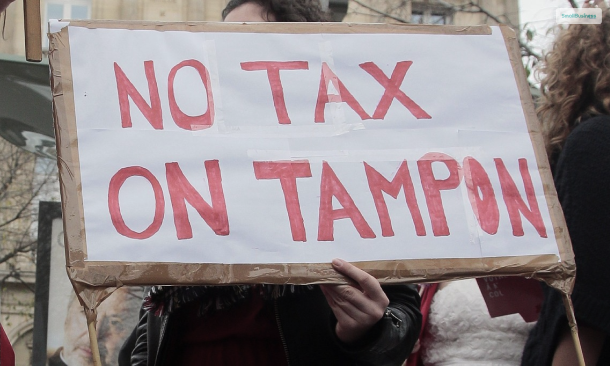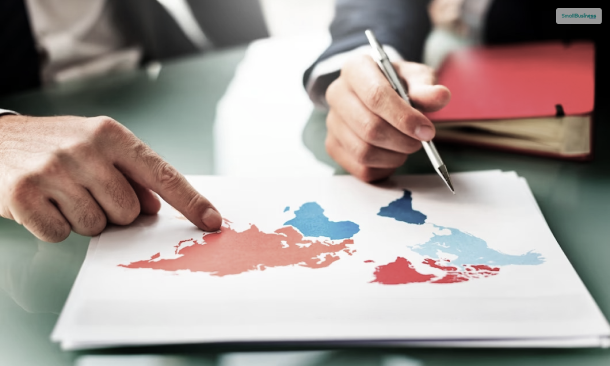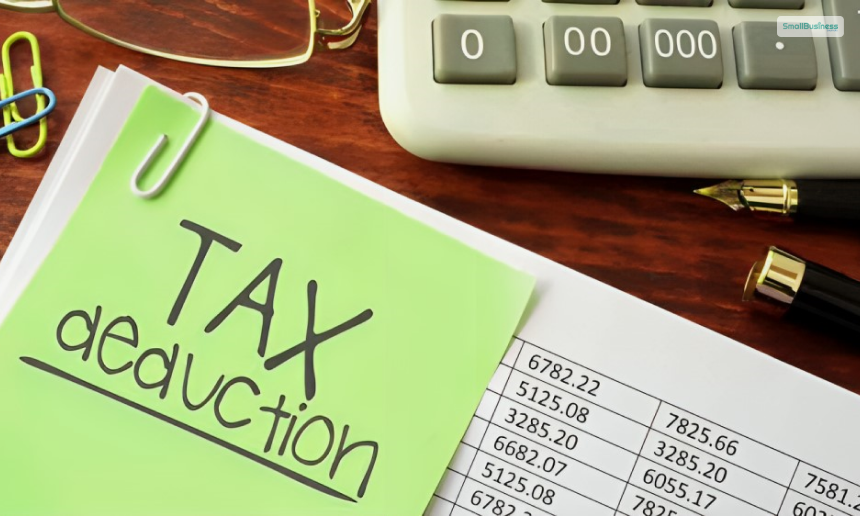The tax on tampons is not new and has been one of the major causes of higher prices of menstrual hygiene products for women. Due to the higher prices of menstrual hygiene products, women’s health is affected. Tampon tax is a problem not just in the United States but also in some of the most popular and developed countries as well.
Are feminine products taxed? – Almost every product people use is under taxation. However, in the case of feminine products, an additional tax is present. This tax is also known as the Pink Tax. Although it is not an actual tax, in many cases, it has been found that women’s products are more expensive as compared to identical products for men.
In this article, you will mainly learn about tampon tax in general. You will understand how the tampon tax works and what are some of the major countries where the tampon tax is still levied. We will also take a look at some of the countries that abolished the tampon tax. Hence, to learn more about tampon tax, read on through to the end of the article.
Tampon Tax: What Is It?

According to Alliance For Menstrual Supplies,
“The tampon tax (or tax on period products) refers to the sales tax rate that a state, county, and/or city government collects on the retail purchase of menstrual products. Too often, period products are taxed as luxury items and not recognized as basic necessities. Period products are taxed at a similar rate to items like decor, electronics, makeup, and toys.”
In many developing and underdeveloped countries, there is a major lack of menstrual supplies for women’s personal health and hygiene. However, the shocking part is that some of the most developed countries still have this problem. For example, many females in the United States still cannot afford menstrual necessities like sanitary pads and tampons.
To make things worse, in addition to this, in half of the states in the US, a sales tax is still levied on menstrual products. This further adds to the financial burden of the ones that are in need of such products.
According to Forbes.com,
“A sales tax on period products is still levied in almost half of U.S. states, adding to the financial burden. Encouragingly, several state governments and retailers are taking action to eliminate or cover the sales tax on menstrual hygiene products, shedding light on this issue and providing financial relief to those who menstruate.”
As per data from June 2023, twenty-one states in the US levy sales tax on period products. The sales taxes range from 4% to 7% from state to state. However, some of these states do not have a statewide sales tax and are only present in specific parts of the state. In some places, there is an additional local sales tax levied as well.
Which Countries Have Axed The Tampon Tax?
The following are some of the major countries that abolished the Tampon Tax:
- India: The Indian Government abolished the 12% tampon tax and put efforts into making them accessible to all.
- Kenya: The first country to abolish the tampon tax in 2004.
- Britain, Mexico, and Namibia are recent countries to abolish the tampon tax.
- South Africa, Botswana, and Zambia also provide free pads in schools.
Which Countries Are Still To Abolish Tampon Tax?

There are many countries where the tampon tax exists. This makes it difficult for millions of people to get access to tampons and sanitary pads. As many social activists rightfully call out against this taxation system as unfair and discriminatory. There are even some developing countries and developed countries, including the United States, where the tampon tax is still present.
Many countries still levy tampon tax, which makes the price of tampons higher. This further leads to many people not being able to afford them. The reason why these countries are unwilling to abolish this tax is the fact that value-added tax is a major source of income for these governments.
Here are some of the major countries that have yet to abolish the tampon tax fully:
- United States: Although some of the states in the US removed the tampon tax, there are many more that still levy this tax. Most of these states have a GST/ VAT system, where taxes are levied on all consumer goods and services.
- Canada: A 5% VAT is levied on all consumer products and services in Canada.
- Hungary: A 27% VAT is levied on all consumer products and services in Hungary.
- China: There is an approx. 13% sales tax on menstrual products (2020 data).
Tanzania and Nicaragua, although they scraped the tax, reintroduced it in 2019.
Notable Efforts
According to US News, “Currently, more than 20 states tax menstrual products, but advocates are pushing them to banish the so-called tampon tax.”
However, the rest of the states in the US are making efforts to remove this tax as soon as possible. Furthermore, some other countries like Chile and the Czech Republic are increasing their efforts to abolish the tax.
In Mexico, too, the Dignified Menstruation Law enables the government to distribute free tampons and sanitary pads in Schools.
In 2022, Scotland became the first country to provide tampons and sanitary pads for free. By doing so, they have ended the “period poverty,” as sanitary pads and tampons are available at designated public places.
Bottom Line
Females that menstruate require an average of forty-period products in every cycle. Once the government eliminates the tampon tax on these necessary items required for better health and hygiene, women who menstruate can afford them better. This will allow them to keep fit and reach their full potential.
Hence, it is important for both the federal government and the state governments to understand that period products are extremely important. These should not be categorized under luxury products. Do you have any recommendations on the removal of this tax? Share your views with us in the comments section below.
Continue Reading:




Leave A Comment